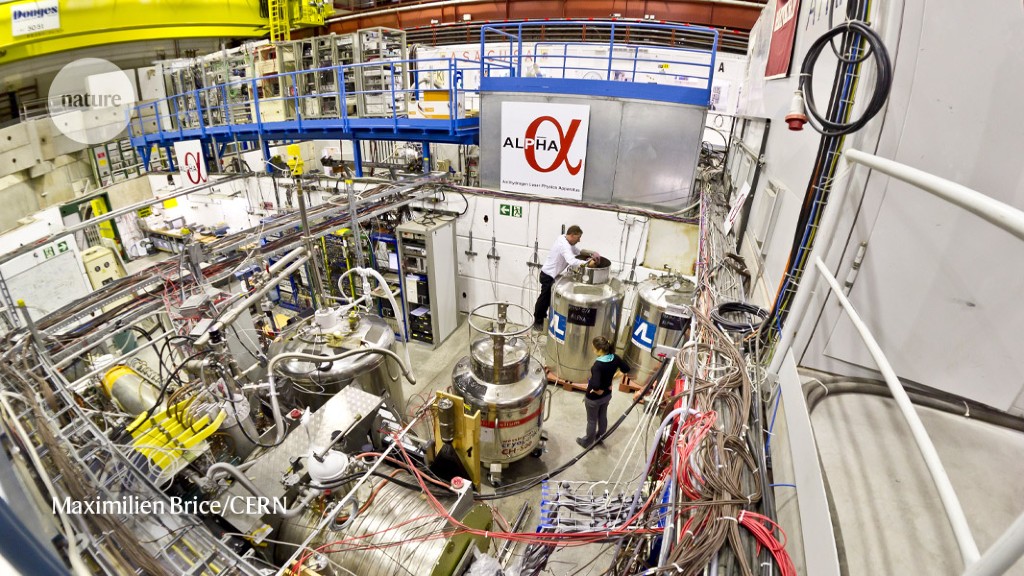Since the discovery of antimatter decades ago, particle physicists have wondered if these particles were repulsed by gravity. Einstein predicted that despite having opposite charges to its regular matter counterparts, antimatter should still behave like matter does concerning gravity. This has been tricky to confirm experimentally since it’s hard to make enough antimatter to observe its behavior. Particle physicists have finally pulled it off, using the ALPHA-g experiment at CERN, generating antihydrogen atoms and then dropping them in a 3-meter tall vertical shaft.
[description taken from Fraser Cain’s mastodon post ]



I wouldn’t have thought it would, since from my recollection antimatter is distinguished by having the same mass but opposite electrical charge, which shouldn’t affect how it responds to gravity. But it’s always good to have confirmation.
It shouldn’t, based on our theories, but we know something is “off” with gravity. QM and GR fundamentally disagree on its nature. This is one of those baseline experiments to confirm what we are assuming is true actually holds. It’s also an absolute bitch of an effect to detect and measure.
Yes because antimatter and negative matter are different things, although I’m unsure if anti-negative matter is expected to exist or not.
So I’m kind of confused about this experiment because I thought this was already known.